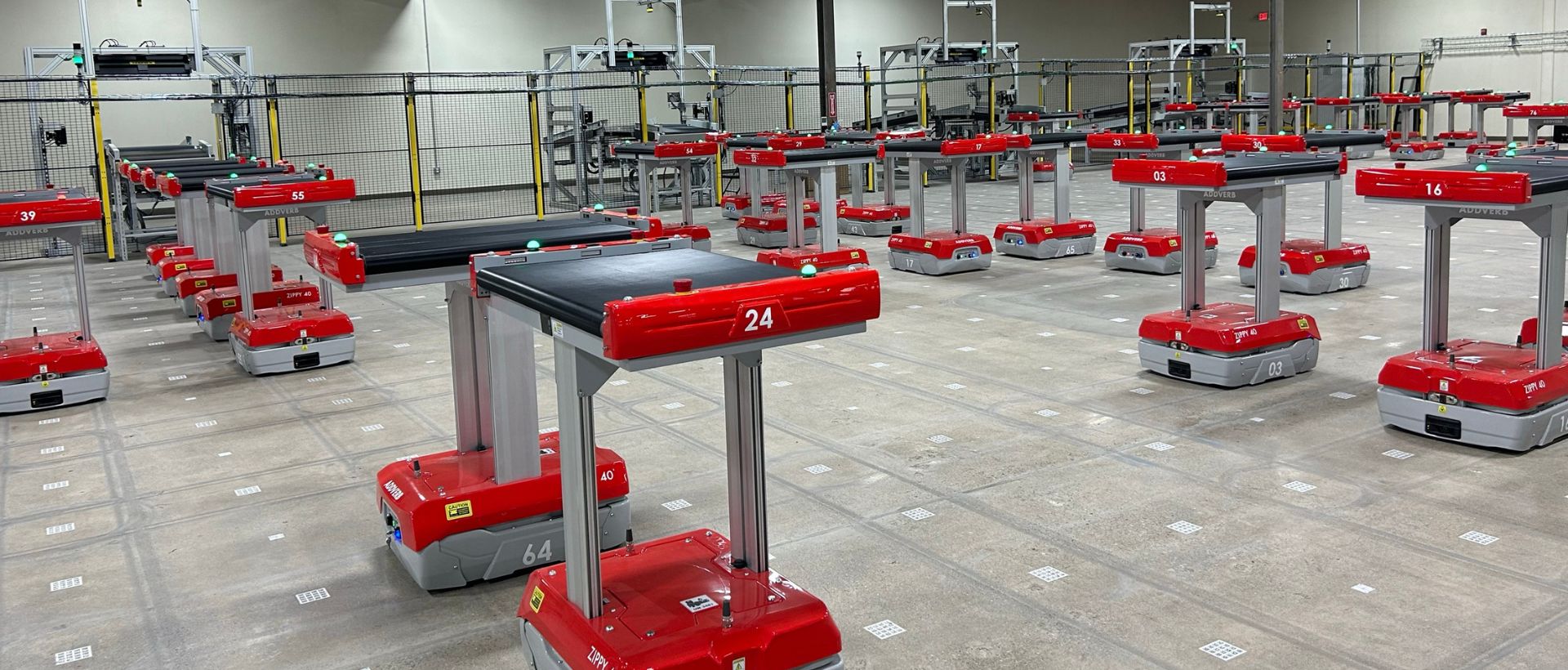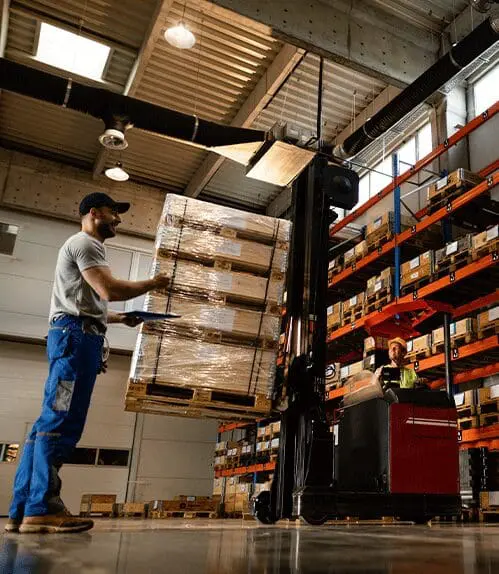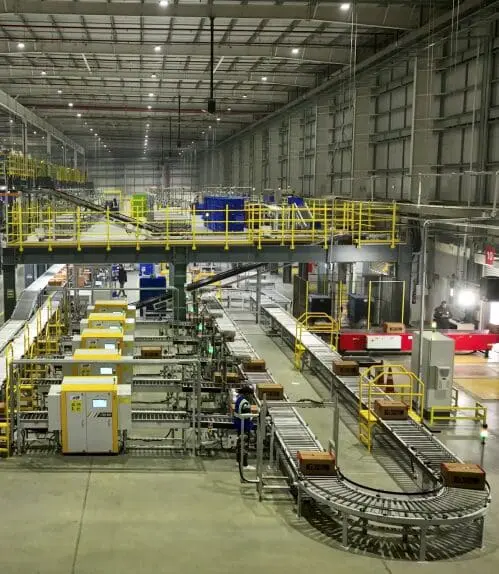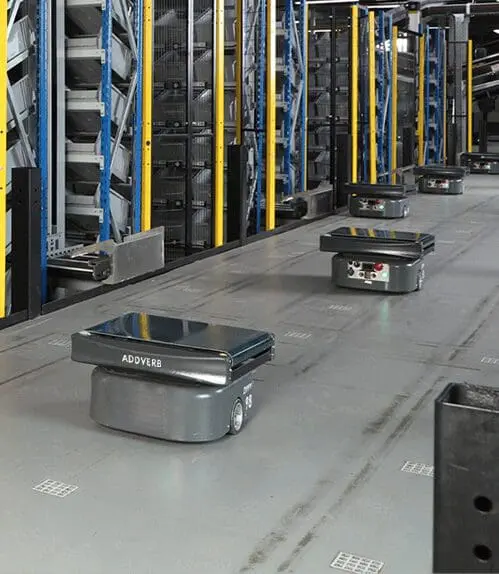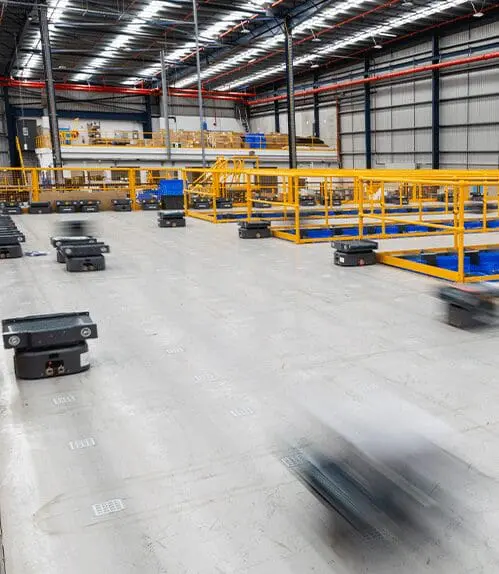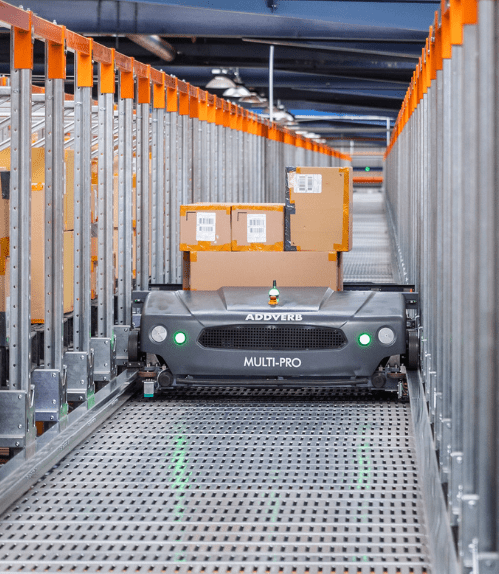Table of Contents
Modern warehouses function as an essential foundation for well-functioning supply chain operations. Several industrial operations deal with specific warehouse management challenges that require them to maintain perishable goods and manage complex hazardous materials, which can lead to operational bottlenecks.
The essential matter rests on transforming these warehouse management challenges into beneficial outcomes. Organizations implement automation as their main priority while addressing their challenges to gain a strategic advantage. This blog investigates major warehousing challenges that exist across diverse industries and describes the automation revolution currently reshaping the sector.
Cold Storage: Preserving Product Quality with Automation
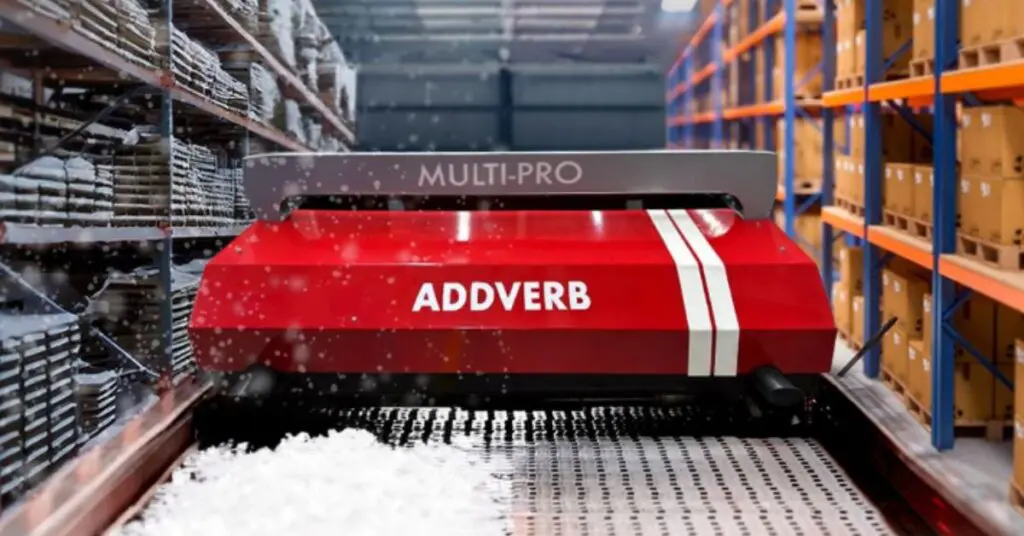
Maintaining temperature-controlled environments is essential in cold storage facilities to preserve the quality of perishable goods. Efficient tracking systems are required to reduce losses and ensure timely stock rotation. However, limited storage space and worker safety concerns in freezing conditions make warehouse optimization challenging. Seasonal demand fluctuations further complicate inventory balancing, requiring flexible storage and handling solutions.
Common Automation Requirements: Picking, material movement, and optimized storage solutions help streamline operations and enhance worker safety in cold environments.
Wholesale & Distribution: Overcoming Workforce and Cost Challenges
The current problem in wholesale and distribution warehouses stems from both insufficient worker availability and high operational management costs. The efficient utilization of available space remains essential to expand products and improve operational flow. The process of warehouse expansion faces continuous challenges to maintain inventory precision and fast order delivery. The challenge increases because of retail compliance requirements and staging complexities and different order size requirements.
Common Automation Requirements: Advanced warehouse management software, automated picking systems, and high-density storage solutions improve accuracy, efficiency, and scalability.
Healthcare: Ensuring Precision in Inventory Management
The healthcare industry deals with a vast number of SKUs, making inventory visibility a critical challenge. Many pharmaceutical and medical warehouses still rely on outdated systems, leading to irregular ordering behaviours and fulfilment complexities. Temperature-sensitive goods require strict environmental controls, and short product shelf lives demand first-in-first-out (FIFO) inventory management to minimize waste. Additionally, small order sizes with a large SKU mix add to logistics intricacies.
Common Automation Requirements: Secure picking, material movement, and storage solutions ensure compliance, reduce waste, and improve order accuracy.
Automotive & Spare Parts: Managing Complex Inventory with Smart Systems
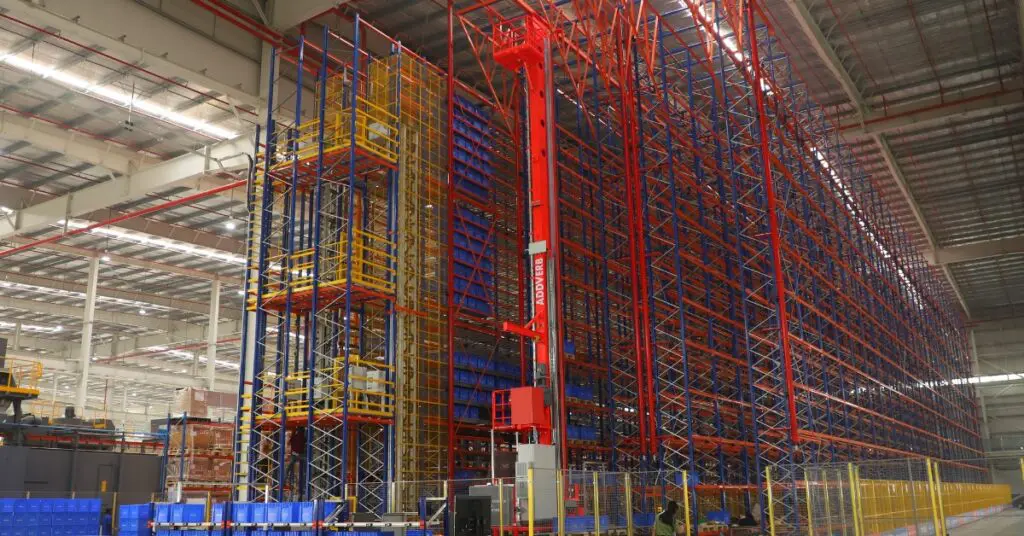
The automotive industry’s warehouse challenges stem from rapidly evolving manufacturing requirements and a diverse range of parts varying in size, shape, and weight. High safety risks require strict operational protocols, while vendor-managed inventory systems demand real-time visibility to maintain efficiency. Labor shortages further strain resources, making automation essential for ensuring productivity and safety.
Common Automation Requirements: Automated material movement, smart storage solutions, and intelligent classification systems enhance operational efficiency and workplace safety.
Battery & Solar: Protecting Sensitive Materials with Smart Handling
Material handling in battery and solar storage facilities requires extreme care to prevent damage and reduce risks. Temperature-controlled environments are essential to maintaining product integrity. Unpredictable supply chain disruptions can affect order fulfilment, making resilient automation solutions a necessity. Additionally, strict compliance with handling and storage regulations is critical to avoiding legal complications.
Common Automation Requirements: Intelligent material movement, storage, and classification systems ensure regulatory compliance and operational resilience.
Petrochemicals & Chemicals: Prioritizing Safety and Compliance
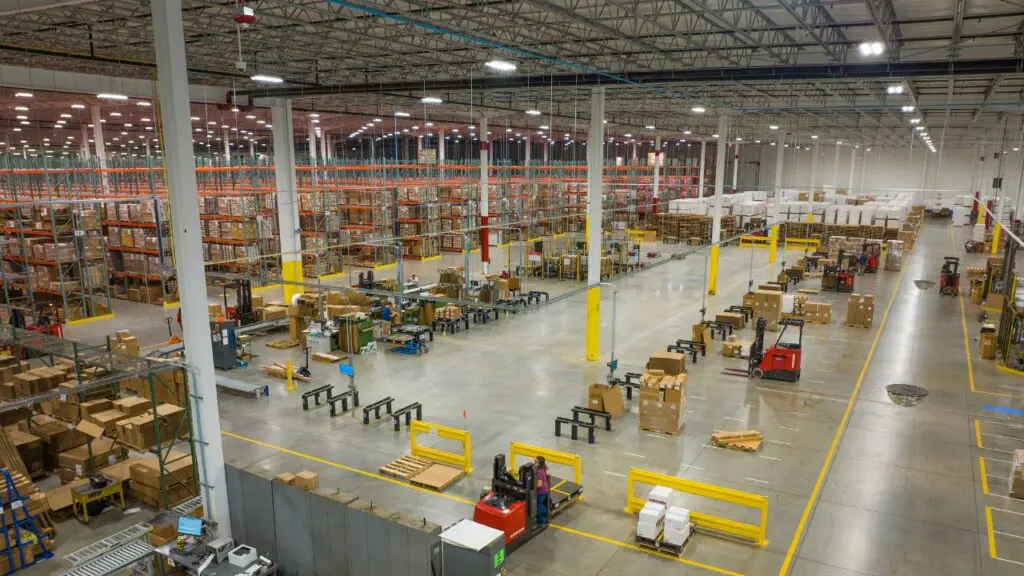
Safe operation with hazardous materials within petrochemical and chemical warehouses demands both regulatory compliance and specific safety measures. The implementation of precise material flow systems along with controlled storage methods becomes necessary to prevent accidents in complex intralogistic operations. Staffing shortages create obstacles for warehouse operations since expert training is needed to properly handle these sensitive materials. Modern automation technologies help achieve complete compliance and reduce safety risks at every level.
Common Automation Requirements: Advanced warehouse software, automated material transportation, and specialized storage systems improve safety and regulatory compliance.
Why Choose Addverb
Organised Storage and Retrieval: Efficient order processing through automated batch and wave picking methods.
Workflow-driven Software: Intelligent WMS for real-time inventory tracking and accurate warehouse operations.
Automated Material Handling: Automated material handling solutions to minimize manual labour in transportation.
Reduced Labour Costs: Automation reduces the need for skilled labour, resulting in significant cost savings.
Multi-Client Flexibility: Our mix of fixed and flexible automation helps you serve multiple clients.
Automation is transforming warehouse management challenges across industries by addressing their pain points. Whether it’s improving inventory accuracy in healthcare or enhancing worker safety in cold storage, adopting the right automation technologies ensures long-term efficiency and scalability.

